You know what’s weird about depression? It doesn’t always look like depression.
I’m not talking about the Hollywood version — someone curled up in bed, mascara running down their face, unable to get up. That happens, sure. But more often? Depression shows up in people who seem totally fine. They’re laughing at your jokes, responding to texts, showing up on time. They look like they have it together.
Meanwhile, inside? They’re drowning in plain sight.
This is what high-functioning depression actually looks like — and it’s shockingly common. Over 280 million people worldwide live with depression, and in the U.S., about 21 million adults had at least one major depressive episode in 2021. But here’s the thing: most of them don’t look depressed. They’ve just gotten really good at wearing the mask.
Let’s talk about the signs everyone misses — and what depression actually feels like when the curtain falls and no one’s watching.
Hidden Signs of Depression No One Notices
The signs are subtle — whispers, not screams. They’re the things people mistake for stress, personality quirks, or just “going through something.” And that’s exactly why they slip through the cracks.
Here are the ones that hide in plain sight:
1. Exhaustion That Sleep Can’t Fix
This isn’t “I stayed up late” tired. This is the kind of exhaustion that lives in your bones — the kind that makes brushing your teeth feel like climbing a mountain.
People describe feeling like they’re moving through invisible quicksand. Getting out of bed? Hard. Taking a shower? Harder. Answering one more email? Forget it.
This happens because depression literally rewires your brain chemistry — particularly serotonin, dopamine, and norepinephrine levels, which control energy and motivation. People with depression experience changes in how their brains process rewards and learning, which is why even things they used to love — music, hobbies, hanging out with friends — suddenly feel like staring at a blank wall.
If someone says “I’m just tired” all the time, it might not be about sleep at all. The fatigue runs deeper than rest can reach.
2. Feeling Nothing Instead of Feeling Sad
Here’s what people get wrong: they think depression is all tears and sadness, like a storm that eventually passes. But a lot of the time? It’s more like fog — thick, gray, and endless.
Not happiness. Not sadness. Just… nothing.
It’s like watching your own life through frosted glass, disconnected from everything happening around you. You’re not crying in the bathroom — you’re just floating through the motions, feeling absolutely nothing at all. The colors drain out. The music loses its melody.
This emptiness is one of the hardest things to explain. How do you tell someone you’re not sad, you’re just… absent? That you can’t remember the last time you actually felt something?
3. Guilt That Won’t Let Go
People carrying depression often carry guilt like a weight they can’t put down. They look at their life and think, “I have a job, a home, people who care about me… so why can’t I just be happy?”
That self-blame becomes quicksand — the harder you fight it, the deeper you sink. Depression whispers that your struggle is a personal failure instead of an illness, that you’re somehow broken when really, you’re just sick.
Feelings of worthlessness and guilt are particularly painful symptoms of depression, and they build walls that keep people from reaching out. They convince you that you don’t deserve support, that everyone else has it worse, that you should just snap out of it.
The guilt keeps people trapped in silence, afraid to ask for the help they actually need.
4. The “I’m Fine” Mask
This is where depression gets really good at hiding — when everything looks fine on the outside, like a swan gliding smoothly across water while its feet paddle frantically underneath.
You’re getting things done. You’re showing up. You’re even cracking jokes. But inside? You’re barely holding the pieces together with duct tape and willpower.
This version of depression (sometimes called persistent depressive disorder or dysthymia) is deceptive because people keep performing. They go to work, take care of their families, post cheerful photos online. The mask becomes a second skin — but it also builds an invisible wall, because no one knows they’re suffering behind it.
They keep moving because stopping feels like standing at the edge of a cliff. If they slow down, they might not start again.
Just because someone seems “fine” doesn’t mean they are. Keeping the performance going day after day is exhausting.
5. When Nighttime Becomes the Hardest Part
For a lot of people, nighttime is when the walls close in. When distractions fade and the world gets quiet, the mind starts running on a hamster wheel — regrets, fears, worst-case scenarios, replaying embarrassing moments from 10 years ago on an endless loop.
Sleep becomes a wrestling match you keep losing.
Research shows that up to 80% of people with depression struggle with insomnia, and lack of sleep pours gasoline on the fire, creating a vicious cycle that feeds itself.
If someone constantly says they “can’t shut their brain off” at night, that’s a red flag waving in the dark. The nighttime silence becomes deafening.
Why People Hide Their Depression
People hide depression for a lot of reasons — and none of them are about wanting to suffer in silence. They’re trying to survive in a world that often treats mental illness like a character flaw instead of a medical condition.
Stigma keeps people quiet. Society still treats mental illness like a weakness, like something you should be able to “just get over.” People don’t want to be labeled “dramatic” or “attention-seeking,” so they swallow their pain and paste on a smile.
Shame builds walls. Depression whispers that you’re a burden, that everyone else’s problems are more important, that you should handle this alone. So you withdraw to avoid worrying others, building walls when you need bridges.
Survival mode kicks in. Some people hide it because they have to function — they’ve got jobs that don’t care about mental health days, kids who need parents, bills that keep coming. Falling apart isn’t an option when the world demands you keep standing.
Sometimes people don’t even recognize it. They might not realize what they’re feeling is depression, especially if they can still drag themselves through the day. They think depression looks like lying in bed for weeks, not like going through life on autopilot.
A lot of people with depression don’t seek professional support, often because stigma convinces them they shouldn’t need help. That’s millions of people suffering in the shadows.
Depression hides because people are scared, ashamed, or just trying to survive in a world that hasn’t made it safe to be honest about mental illness.
What Hidden Depression Feels Like on the Inside
If you’ve never experienced it, depression is hard to understand. It’s not just “feeling sad.” It’s heavier, quieter, and way more isolating than that — like carrying an invisible weight that no one else can see.
Here’s how people describe it:
“It’s like living under a heavy fog that never lifts, no matter how bright the sun gets.”
“I’m surrounded by people, but I still feel completely alone in a crowded room.”
“I’m tired all the time, even after sleeping 10 hours. The exhaustion lives in my soul.”
“Everything feels like it takes twice the effort it used to — like wading through chest-deep water.”
“I smile because it’s easier than explaining why I don’t want to, and the mask is lighter than the truth.”
These aren’t exaggerations or metaphors to sound poetic — they’re everyday realities for millions of people trying to keep moving through invisible pain that leaves no bruises.
Depression doesn’t just hurt emotionally. It drains your energy like a leak you can’t find, clouds your thinking like static on a screen, and makes everything feel like pushing a boulder uphill in the rain.
How to Tell If Someone Is Hiding Depression
Spotting it isn’t easy — the signs are written in invisible ink that only shows up when you know where to look. But paying attention to subtle shifts can help.
Watch for small changes. Depression announces itself in whispers:
- They’re withdrawing from plans they used to light up about
- They seem less engaged in conversations, like they’re only half-present
- They laugh, but it doesn’t quite reach their eyes anymore — the spark’s gone
- They’re more irritable or short-tempered than usual, snapping at little things
Ask better questions. Instead of “Are you okay?” (which almost always gets an automatic “Yeah, I’m fine”), try:
- “You’ve seemed a little off lately — how are you really doing?”
- “Is everything alright? You don’t seem like yourself.”
Give them space to answer honestly without rushing to fix it or toss out silver linings. Sometimes people just need someone to sit in the dark with them for a minute.
Show up consistently. Depression is a skilled liar. It tells people they’re alone, that no one cares, that they’re a burden everyone secretly resents.
Gentle check-ins — even a quick “Thinking of you” text — can throw a lifeline across that darkness. Consistency matters more than grand gestures. Show up, even in small ways.
Encourage help without pushing. If you suspect someone is struggling, gently suggest they talk to a therapist or doctor. Frame it as strength, not weakness — reaching out takes courage, not cowardice.
Research shows that most people who seek treatment for depression improve with proper care — therapy, medication, lifestyle changes, or a combination. Recovery is possible. The tunnel has an end.
You don’t need to “fix” someone’s depression. Just showing up and paying attention can be the lighthouse that helps them find their way back.
Signs You Might Be Hiding Your Own Depression
If this article hits a little too close to home — if you’re smiling through the pain, functioning but not really living — I need you to know something:
You’re not broken. You’re not weak. Depression isn’t a personal failure or a character flaw. It’s a treatable illness, like diabetes or high blood pressure — your brain chemistry isn’t cooperating, and that’s not your fault.
Here’s where to start:
Talk to one safe person. You don’t have to tell everyone. Just one person you trust. A friend, a family member, a coworker. Breaking the silence — even letting one person behind the mask — helps crack the shell that isolation builds around you.
Reach out for professional help. A therapist or doctor can help you find treatment that actually works for you. Cognitive Behavioral Therapy, medication, lifestyle changes — there are more tools in the toolbox than you might think.
Start small with self-care. You don’t need to overhaul your entire life overnight. Just do one small thing today:
- Take a shower
- Eat one real meal
- Go for a short walk
- Text a friend
Each one is a brick in the bridge back to yourself. Progress doesn’t have to be dramatic to count.
Don’t isolate yourself. Depression thrives in silence and shadows. Connection — even when it’s hard, even when you don’t feel like it — helps let the light back in.
If you ever feel hopeless or think about ending your life, please reach out immediately:
- U.S.: Call or text 988 (Suicide and Crisis Lifeline)
- International: Visit findahelpline.com — available 24/7
You don’t have to wait until you “can’t function” to ask for help. If you’re struggling, that’s reason enough. You deserve support right now, not just when things get worse.
You Don’t Have to Hide Your Depression Anymore
Depression can hide behind the most convincing smiles, the brightest laughter, the busiest schedules. But healing starts when you stop pretending you’re fine and let someone see the truth.
You don’t need to “have it all together” to deserve support. Even if no one can see your pain — even if it leaves no visible scars — it’s real. And you are absolutely worthy of healing, of help, of hope.
The quiet strength it takes to keep going every day, to get out of bed when everything in you wants to stay there, to keep breathing when it feels pointless? That’s proof you’re already fighting back. You’re already stronger than you know.
The mask can come off now. You don’t have to carry this alone anymore.
Frequently Asked Questions About Hidden Signs of Depression
What are the hidden signs of depression no one notices?
Hidden signs of depression often show up as things people mistake for stress or personality changes. These include exhaustion that doesn’t improve with sleep, emotional numbness instead of sadness, constant guilt or self-blame, acting “fine” while struggling internally, irritability, withdrawing from others, and trouble sleeping because of racing thoughts. These symptoms are subtle, which is why they get overlooked.
What is high-functioning or “functional” depression?
High-functioning depression means you can still meet daily responsibilities — work, family, social life — while feeling empty, overwhelmed, or disconnected inside. You keep moving because stopping feels impossible. On the outside you seem capable; on the inside you’re barely holding it together. This makes it especially hard for others to recognize.
Can you have depression without feeling sad?
Yes. Many people with hidden depression don’t feel sadness at all. Instead, they feel emotionally numb, detached, or empty — like life is happening behind glass. It’s more of a fog than a storm. You go through the motions without feeling anything deeply, which is often misunderstood or brushed off.
Why do people hide their depression?
People hide depression for several reasons: stigma, shame, fear of being judged, worry about burdening others, or simply needing to function for work or family. Others hide it because they don’t realize their symptoms are depression — especially if they assume depression always looks severe or dramatic.
How can you tell if someone is secretly struggling with depression?
Look for small changes: withdrawing from plans, seeming “off,” losing interest in things they used to enjoy, looking tired all the time, becoming more irritable, or appearing physically present but mentally distant. If you notice a shift in their spark or energy, it’s worth gently checking in.
How can I support someone who might be hiding their depression?
Start with open-ended questions like “How are you really doing?” or “You don’t seem like yourself lately — want to talk?” Listen without trying to fix everything. Check in regularly, keep your tone gentle, and encourage professional help if you think they need it. Consistent, non-judgmental presence can make a huge difference.
What should I do if I’m hiding depression?
You don’t have to keep struggling alone. Talk to someone you trust — even just one person. Consider reaching out to a therapist or doctor who can help you find the right treatment. Start with small steps like eating one real meal, taking a shower, or going for a short walk. And if you ever feel hopeless, reach out immediately:
U.S.: Call or text 988
International: Visit findahelpline.com
Asking for help is strength, not weakness.
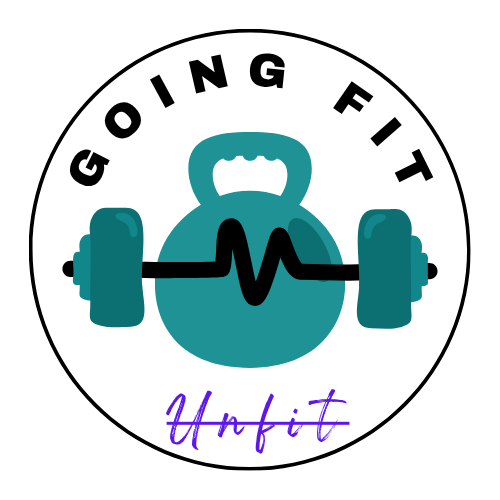
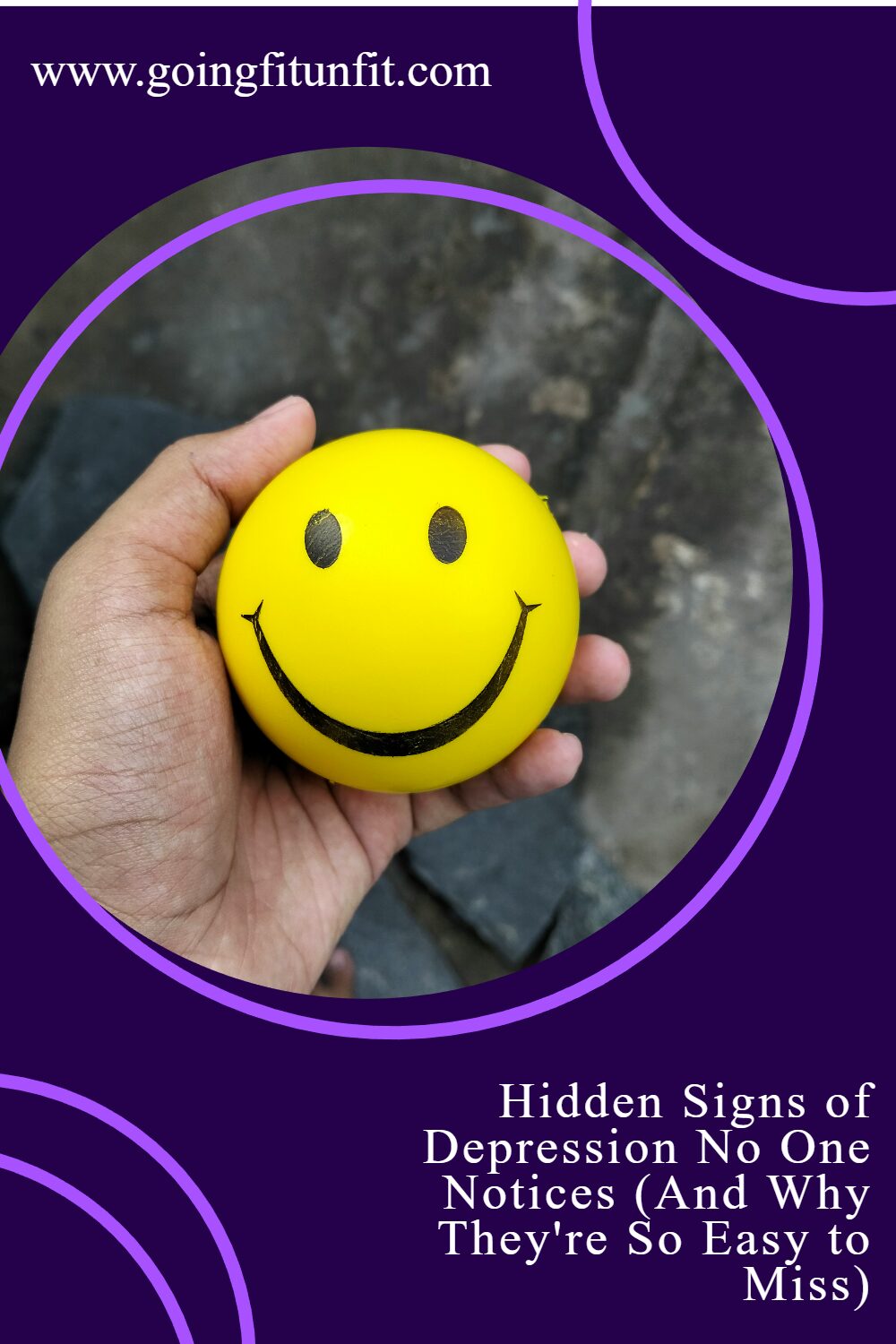
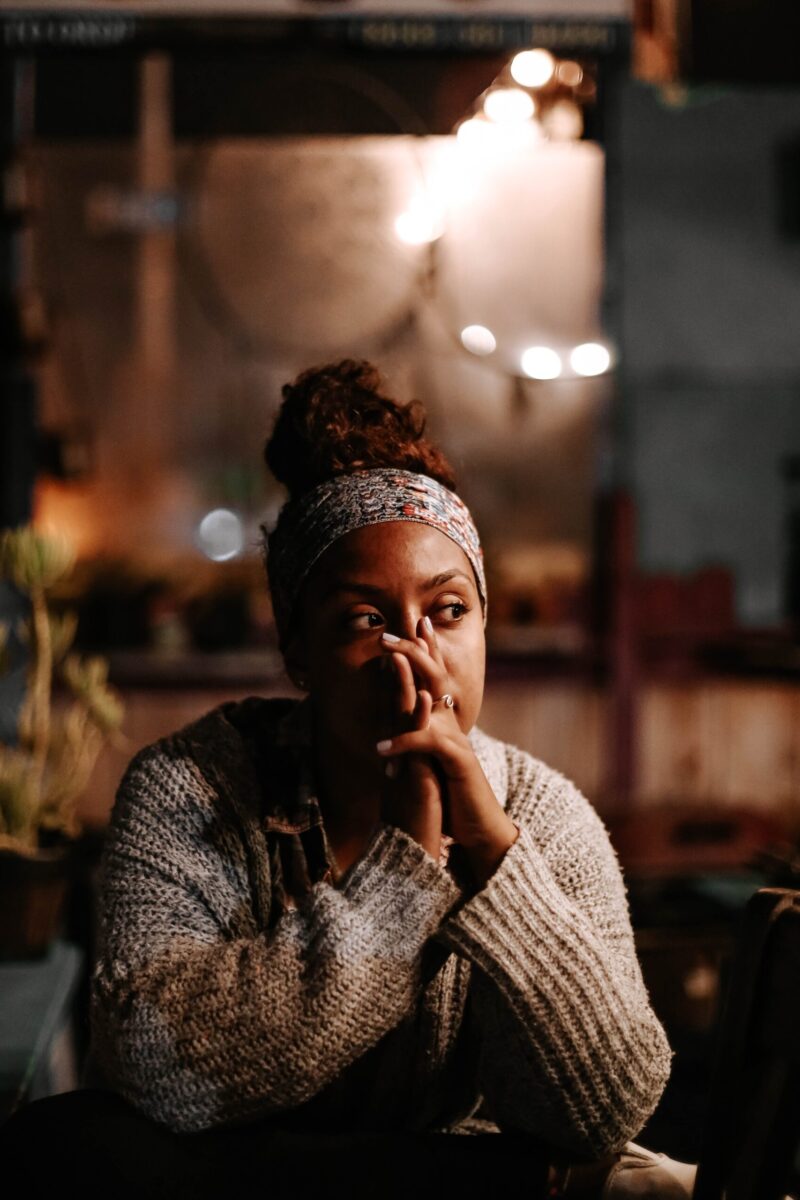



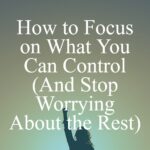

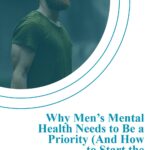


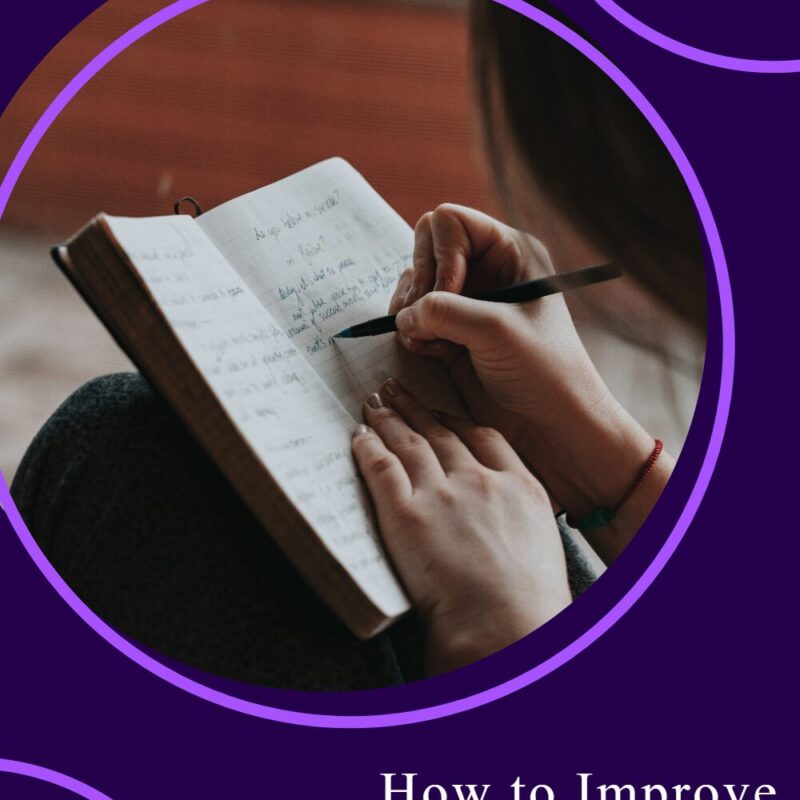

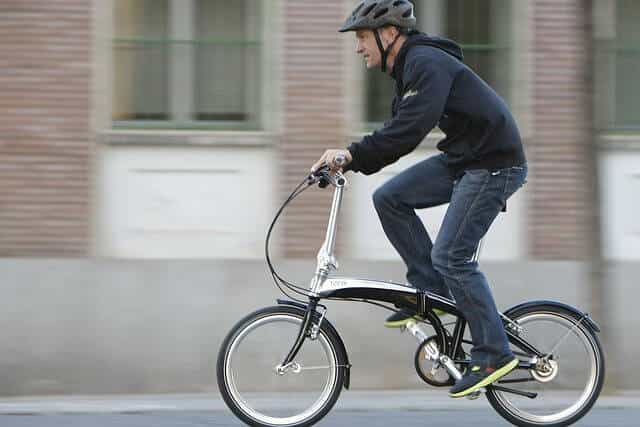

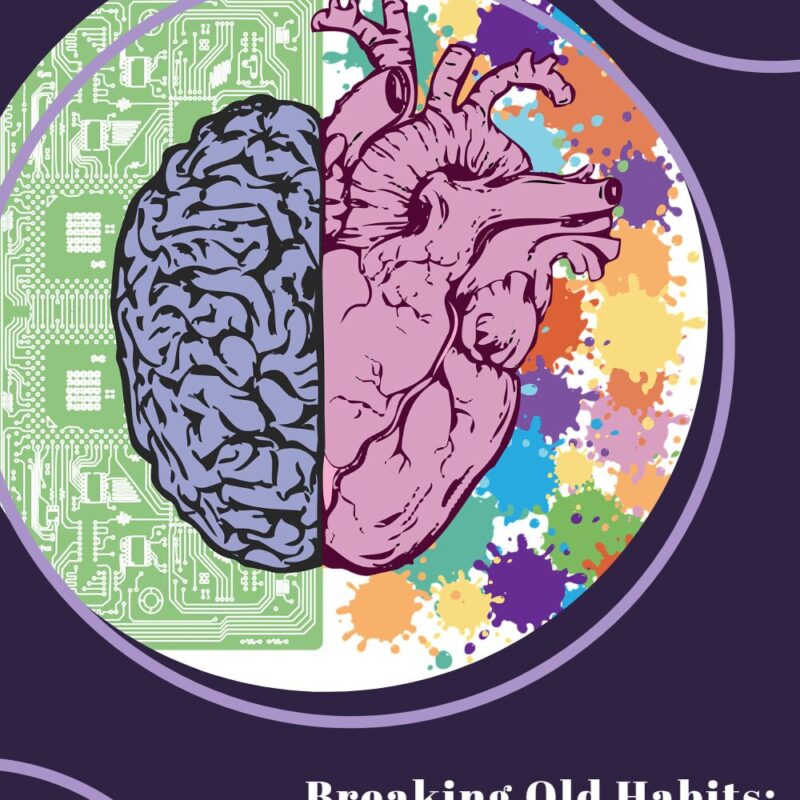


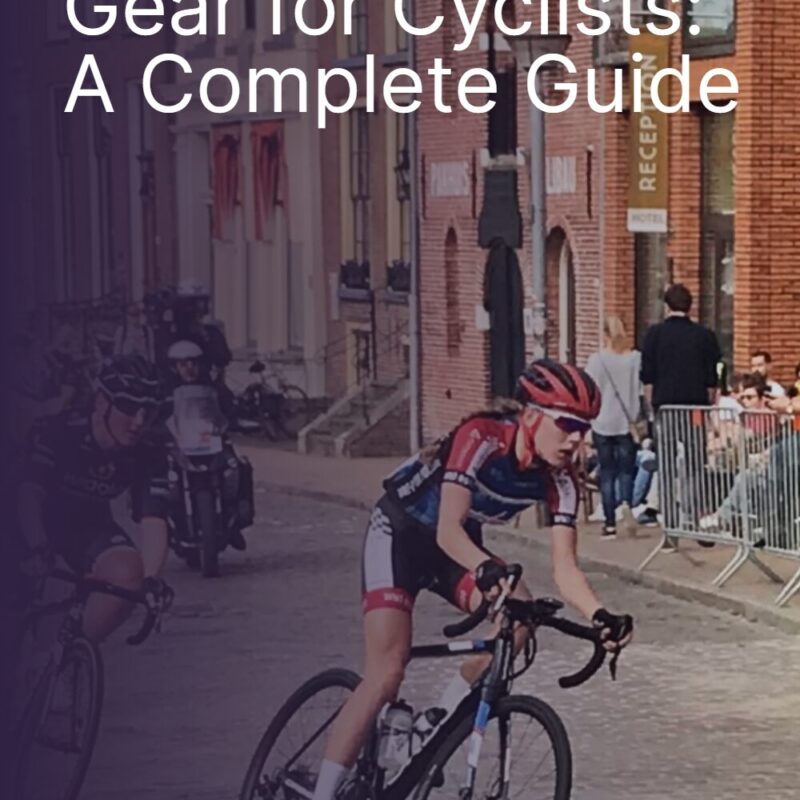
Leave a Reply